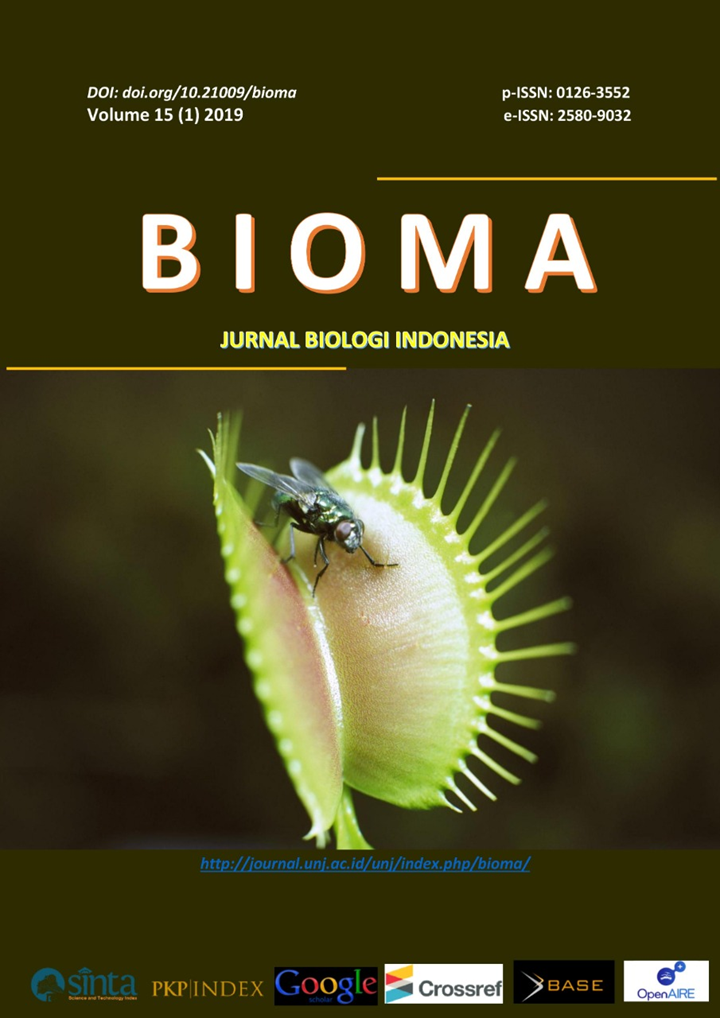CURCUMIN FOR ALZHEIMER’S DISEASE (AD) POTENTIAL TREATMENT
Literature Review
DOI:
https://doi.org/10.21009/Bioma13(2).3Keywords:
Alzheimer’s disease, curcumin, beta amyloid (Aβ) plaques, neuroinflammation, anti-inflammationAbstract
Various studies had been conducted regarding the effect of curcumin on AD patients, thus, many of the studies had suggested that curcumin had the potential to prevent and treat AD through several molecular mechanisms including act as anti-inflammatory, anti-oxidant, binding the Aβ plaques, metal chelation, and lowering cholesterol level. One of the prominent characteristics of this neurodegenerative disease is shown by the presence of beta amyloids plaques (Aβ) and inflammation inside the patient’s brains; and as mention above curcumin had shown its capabilities in inhibiting the Aβ plaques and act as an anti-inflammation agent.


